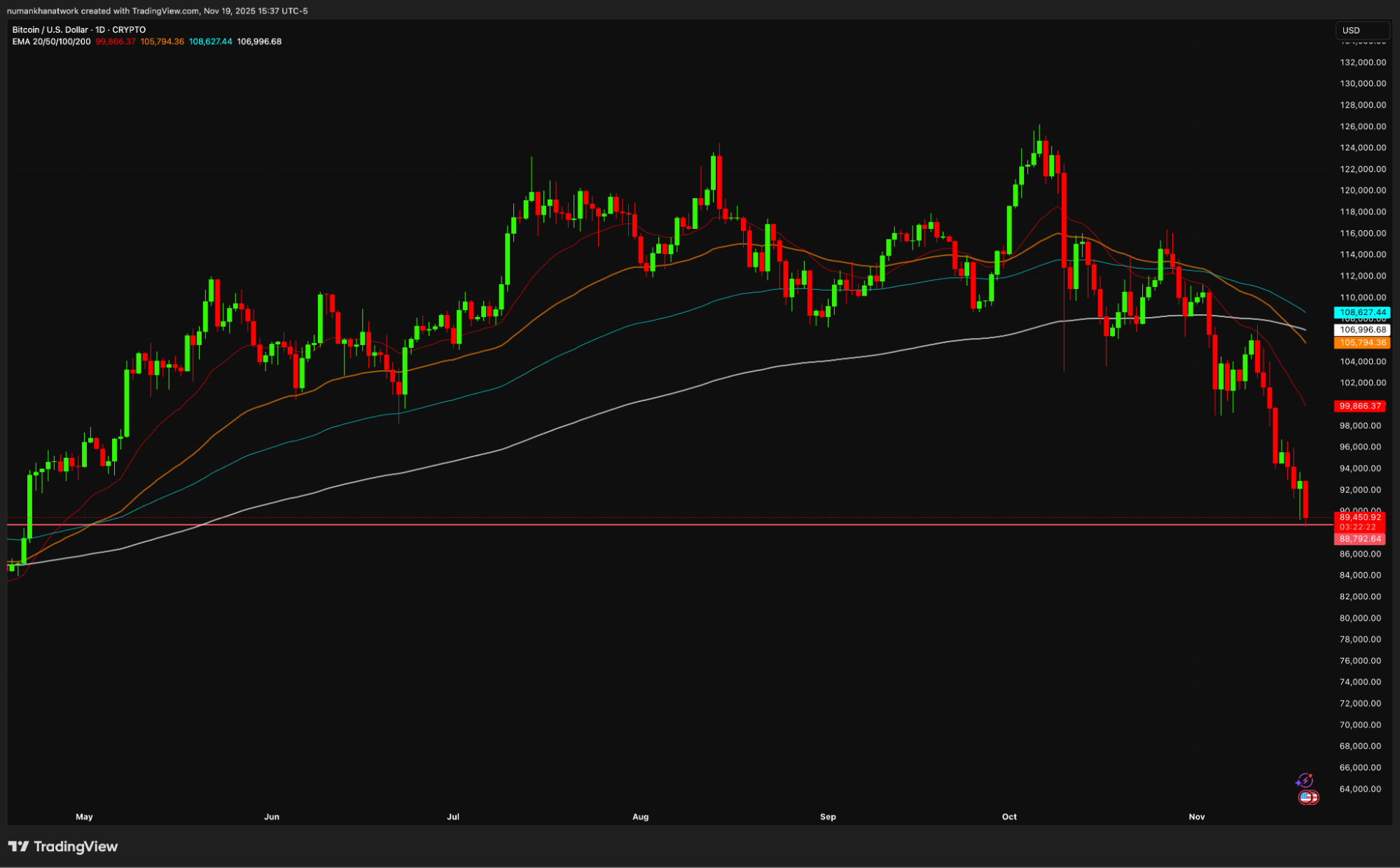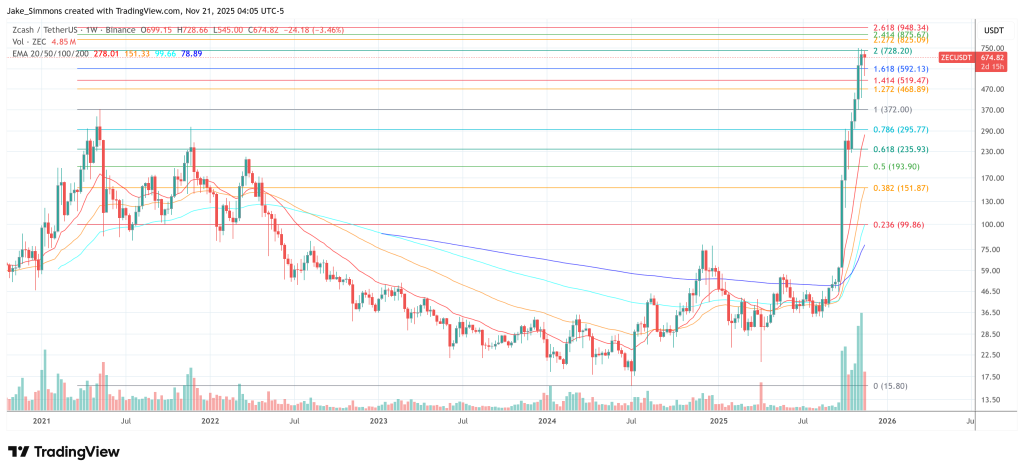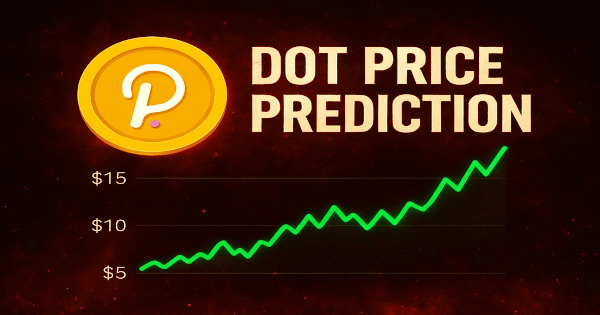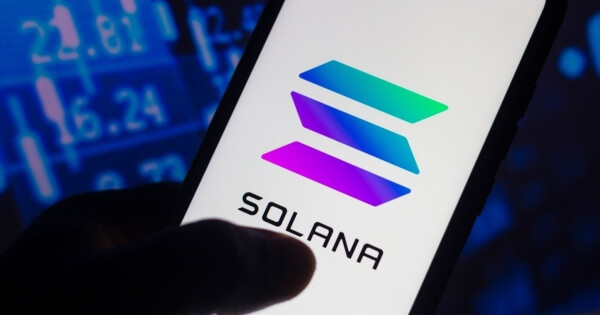Say you stake your eth directly with a validator and earn rewards. I would assume you owe taxes on the rewards, for example whatever the rewards were worth in fiat on the day you earned them is what your taxes will be based off.
But what if you dont sell that eth for fiat straight away and instead sell it later when the price is lower, that would mean the taxes you owe all of a sudden become a larger percentage of those rewards because the rewards themself are worth less when you sold them.
Example: you earn 1 eth in January when eth is $5000 so you owe $1500 (30%). However you dont sell that 1 eth until december and the price of eth then is $1000, which means you still owe $1500 but only made $1000 from selling it. Making the effective tax rate 150%
So if you stake eth and earn rewards you need to sell the rewards for fiat straight away to make sure you have the money to cover the taxes due.
The other possibility is that you only owe taxes on the rewards when you sell them for fiat but that leaves a huge loophole making staking rewards tax free so long as they are not sold. And I doubt the IRS would allow that.
This means staking rewards are taxed based on their fiat value when they were earned. So you have to sell part of your rewards to pay those taxes and if those rewards were earned when the price of eth was high and you sold those rewards when the price was low your effective tax rate on those rewards could go from 30% to 50% to 70% to 90%+.
That sounds like an absolute nightmare to keep track of and an absolute nightmare to deal with if the price of eth falls.
Am I missing something? or is the only solution that removes this mess to permanently move to a jurisdiction that has zero tax like Dubai?
Edit: I think this is the best answer:
When you invest in stocks dividends accrue over time but you dont owe taxes on them until the day they are paid out to you and you take possession. Similarly staking rewards accrue within a smart contract and you dont owe taxes on them until they have been withdrawn to a wallet you control. This makes sense and it means taxes are not based on when you generate the rewards, taxes are based on the date the rewards leave the smart contract and land in your wallet. Taxes are not owed until the eth rewards leave the staking smart contract and land in a wallet you control. This is inline with how dividends are calculated and how interest on bonds are calculated. You do not calculate tax on a bonds yield day by day based on the daily interest rate, you only calculate taxes once the interest due on that bond lands in a bank account you control. Its the same for staking. Staking rewards should accrue tax free within a smart contract, and tax is calculated only once the rewards leave the smart contract and land in your possession (your wallet). This is for validator staking though, not for liquid staking tokens. I have no idea what the deal would be for LSTs as LSTs are in your possession in your wallet the entire time.
[link] [comments]

You can get bonuses upto $100 FREE BONUS when you:
💰 Install these recommended apps:
💲 SocialGood - 100% Crypto Back on Everyday Shopping
💲 xPortal - The DeFi For The Next Billion
💲 CryptoTab Browser - Lightweight, fast, and ready to mine!
💰 Register on these recommended exchanges:
🟡 Binance🟡 Bitfinex🟡 Bitmart🟡 Bittrex🟡 Bitget
🟡 CoinEx🟡 Crypto.com🟡 Gate.io🟡 Huobi🟡 Kucoin.



















Comments